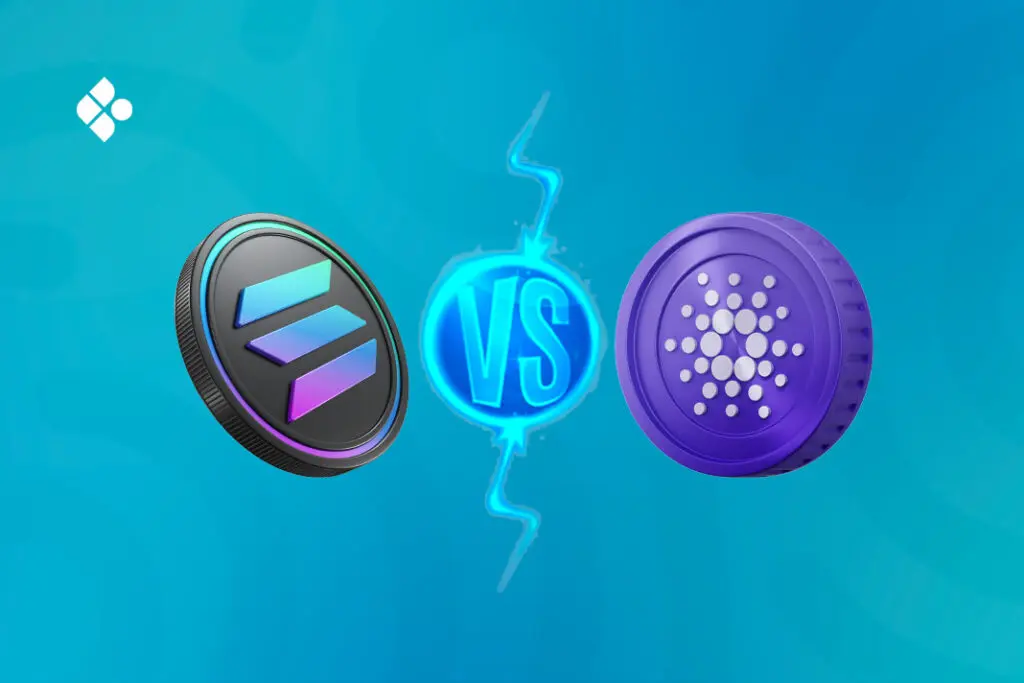Over the years, decentralized finance (DeFi) has reshaped the financial world, offering a more secure and personalised way of transacting over conventional banking methods. Decentralised finance is powered by various chains within the crypto ecosystem.
Cardano and Solana are amongst the popular blockchains powering decentralised finance in terms of speed, scalability, and security. But which of them offers better protection for users?
In this piece, we’ll compare the security features of both blockchains to answer this question. Let’s get started.
Importance of Security in DeFi
The importance of security in DeFi cannot be overemphasised. Decentralised exchanges manage the funds of millions of users in billions of dollars and are, as such, susceptible to potential attacks from hackers and scammers.
Here are some key reasons why security is key in DeFi:
1. Maintaining User Trust
Maintaining user trust is key to the sustainability of DeFi applications. Trust is such a big deal in the financial world, and so security is key to avoiding the loss of user funds, which could lead to mistrust.
2. Legal and Regulatory Implications
The cryptocurrency space has always been approached with dire scrutiny from regulators. Decentralised platforms with security breaches may face sanctions from regulators, which may stall their growth and development.
3. Sustainability of DeFi
The long-term viability of DeFi is dependent on its sustainability, which largely depends on how robust its security infrastructure is.
Comparison of Cardano and Solana’s Security Features

Cardano and Solana have different security features that make them good chains for DeFi applications and security.
Here are a few comparisons between them to determine which is better in terms of security for DeFi platforms and applications.
1. Consensus Mechanisms
Cardano employs the Ouroboros proof-of-stake mechanism on its chain. This mechanism was born from a series of scientific research and thorough study, and it is designed to improve the chain’s security over others, as it requires many validators to verify a block.
Solana, on the other hand, employs a proof of history and proof of stake mechanism that focuses on speed and scalability.
When it comes to the mechanism, Cardano takes the lead, as it prioritises a tougher security infrastructure over Solana’s priority on speed.
2. Smart Contract Security
Cardano takes time to verify the mathematical accuracy of codes before they are deployed into a smart contract with its unique programming language, Plutos. This helps to reduce security risks associated with smart contracts.
Solana, on the other hand, uses RUST AND C as its programming language for smart contracts. Solana has often been known to deploy codes hastily without necessarily running checks to see if there are errors. This is a potential security vulnerability, and it can greatly impact decentralised finance.
3. Decentralisation
Cardano has a wide network of validators, making it impossible for an entity to overturn the chain. This improves the chain’s security infrastructure.
Solana, on the other hand, has a small number of validators with high hardware requirements. This has often raised concerns about the ecosystem’s future and security.
Frequently Asked Questions About Security of DeFi on Cardano vs. Solana
What role does decentralisation play in DeFi security?
Decentralisation helps distribute control so that no entity can be in total control, which helps to strengthen DeFi security.
Which blockchain is better for developers building secure DeFi apps: Cardano or Solana?
Cardano is better than Solana, considering its level of decentralisation, smart contract verification, and consensus mechanism.
How does Solana’s Proof of History affect its security for DeFi users?
Solana’s proof of history consensus mechanism requires strong hardware to process, resulting in a small pool of validators, which is not good for DeFi’s overall security infrastructure.
What makes Cardano’s security unique in the crypto ecosystem?
Cardano’s security is unique because of its Ouroboros proof-of-stake protocol, which requires a large pool of validators to make the chain secure and scalable.
Which network has a better track record for avoiding outages?
Cardano has had a hundred per cent uptime since its mainnet launch in 2017, while Solana has had some notable outages since its launch. Cardano has a better track record.
Conclusion
While you can choose to explore any DeFi applications built on Cardano and Solana, you can always refer to the comparison between both blockchains made in this piece to inform your decision, alongside other research you will carry out. The security of your assets is one of the most important aspects of trading or investing, so choose wisely.
